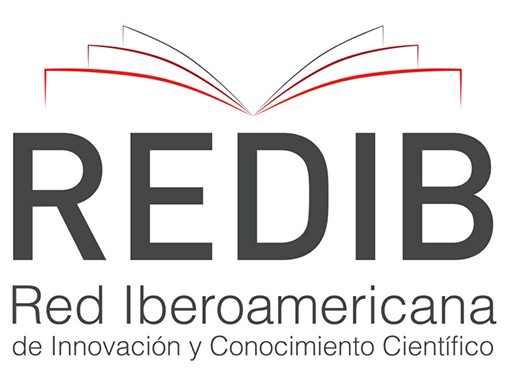OVULATION FAILURE AFTER SUPEROVULATORY TREATMENT WITH ECG IN NELORE (Bos Taurus indicus) CATTLE
Keywords:
ovulation failure, superovulation, eCG, anti-eCG antibody, nellore cattleAbstract
Because the benefits of superovulatory treatment using equine chorionic gonodotrofina (eCG), this compound has been applied in embryo transfer programs from nellore (Bos taurus indicus) cattle, leading to the same results obtained when follicle stimulatory hormone (FSH) was used. However, the use of eCG is often associated with high number of anovulatory follicles, abnormal estradiol, progesterone and luteinizing hormone (LH) secretion, reduction of superovulatory response and low quality of produced embryos. An alternative to reduce this incidence is the association of eCG treatment with anti-eCG monoclonal antibody, ensuring effective responses from donors, increasing the ovulatory rates, the number of transferable embryos, and preventing ovulation failure. The objective of this review is to discuss the involved issues in ovulation failure in Nellore cattle subjected to superovulatory treatment with eCG.
Downloads
Published
How to Cite
Issue
Section
License

Este obra está licenciado com uma Licença Creative Commons Atribuição-NãoComercial 4.0 Internacional.











